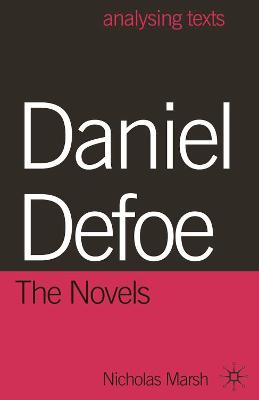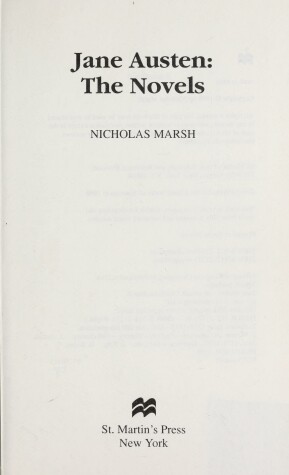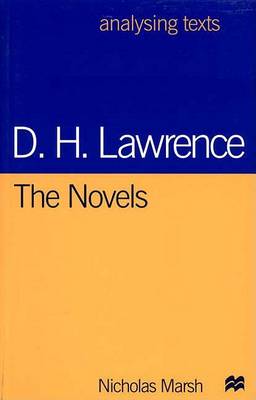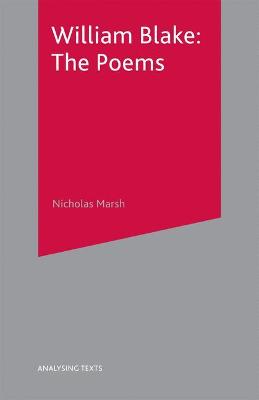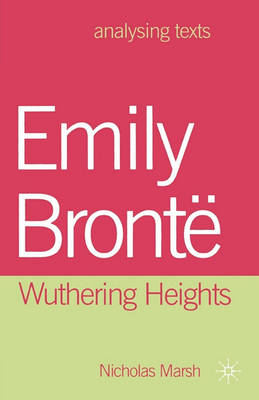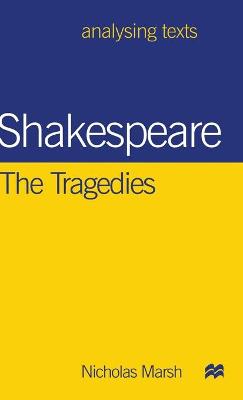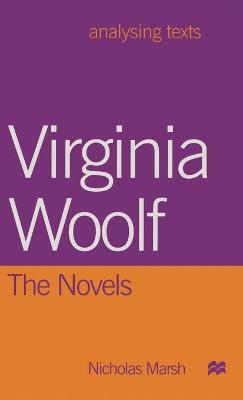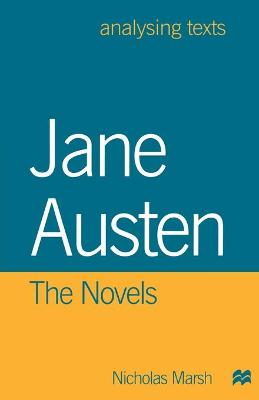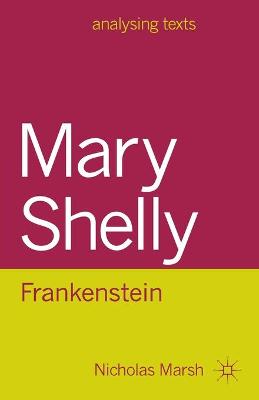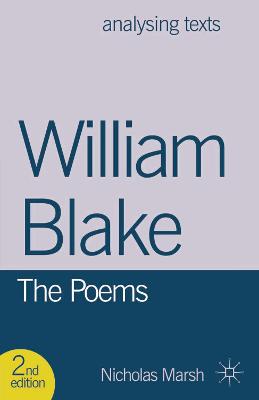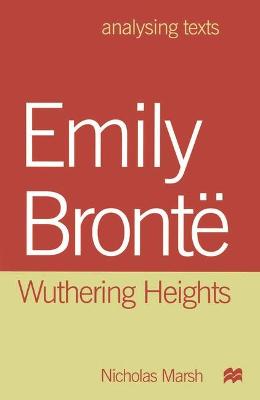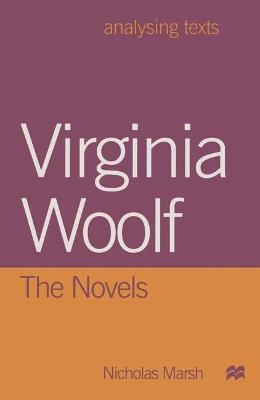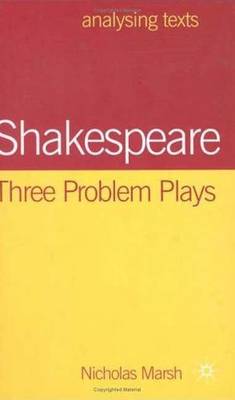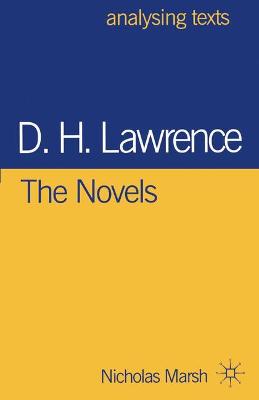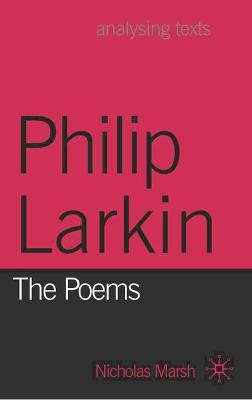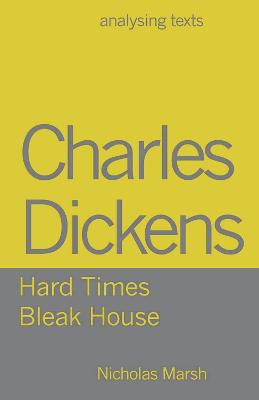Analysing Texts
17 total works
This essential study:
- Takes a fresh look at these intriguing novels and leads the reader into close analysis of Defoe's texts, encouraging an open-minded approach to interpretation
- Features chapters on the novels' openings, conscience and repentance, society and economics, women and patriarchy, and the use of 'outsider' narrators
- Provides useful sections on 'Methods of Analysis' and 'Suggested Work' to aid independent study
- Offers historical and literary background, a sample of critical views, and suggestions for further reading
Equipping students with the critical and analytical skills with which to approach Defoe's work, this inspiring guide helps readers to appreciate the brilliance of the author's writing and to enjoy the complexity of his fictional creations for themselves.
The second edition of this successful introductory text:
- Leads the reader into the Songs and 'prophetic books' via detailed analysis of individual poems and extracts, and now features additional insightful analyses
- Provides useful sections on 'Methods of Analysis' and 'Suggested Work' to aid independent study
- Offers expanded historical and cultural context, and an extended sample of critical views that includes discussion of the work of recent critics
- Provides up-to-date suggestions for further reading
William Blake: The Poems is ideal for students who are encountering the work of this major English poet for the first time. Nicholas Marsh encourages you to enjoy and explore the power and beauty of Blake's poems for yourself.
Nicholas Marsh uses close analysis of extracts from the plays to explore how Shakespeare maintains competing discourses within a single text. In the first part of his study, Marsh highlights the multiple interpretations these plays provoke and provides useful sections on methods of analysis to encourage readers to develop their views independently. The second part of the book discusses the Problem Plays in relation to the playwright's other works, and examines their cultural and historical contexts. A comparison of five modern critical views and helpful suggestions for further reading provide a bridge to continuing study. In this essential guide to a complex set of plays, Marsh does not seek to reconcile the thorny issues these dramas leave open: rather, he equips the reader with the necessary critical tools to fashion their own synthesis.
